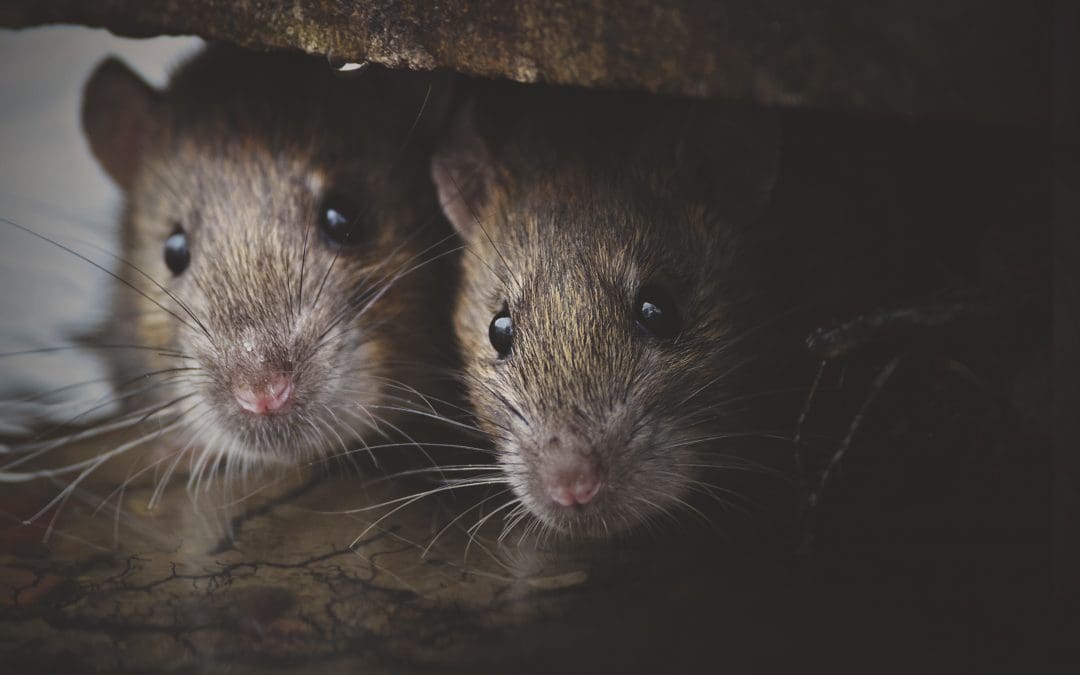DIY VS. PROFESSIONAL PEST CONTROL
With the cost of living a constant strain for us all we understand that it can be difficult to decide whether to use professional pest control services or to go down the DIY route when pests have invaded your property or grounds.
Here we explore the key pros and cons to each approach, to help you make an informed decision on how to proceed.
DIY PEST CONTROL
What is DIY Pest Control?
The use of products available ‘off-the-shelf’ to members of the public and using consumer pest management techniques is known as DIY Pest Control.
Home-made products also come under the umbrella of DIY Pest Control (yes, we all have one relative who swears by a certain herb to deter pests!)
Pros of DIY Pest Control:
Cost:
There are a number of products available over-the-counter designed to tackle pests, such as:
- Rodent bait;
- Clothes moth aerosols;
- Rat/mouse traps;
- Wasp nest sprays.
The initial cost for these products is often more affordable than professional pest control services.
Convenience:
Purchasing DIY products to tackle a pest infestation can be done in a few minutes, local hardware stores and online shopping sites often sell these products, as opposed to waiting for a pest control technician to visit the property.
Flexibility:
The methods and products used are as flexible as you want or need them to be, aligned with your situation and preferences.
Control:
Using DIY pest control products and techniques puts the power in your hands at all times, allowing you to be pro-active in resolving the situation, with a sense of satisfaction if you are successful.
Cons of DIY Pest Control:
Effectiveness:
DIY products and approaches can have reduced effectiveness; this is often the case if the infestation is severe or has been recurring over a long period of time.
Safety:
Inappropriate use of rodenticides and insecticides can pose a risk to humans, pets, the environment and wildlife. Improper usage of DIY products can also pose risks to the DIY enthusiast themselves during the application.
Improper application and/or misdiagnosis:
Misdiagnosis of the pest problem or lack of understanding regarding efficient techniques and methods of application can make the infestation worse, alongside posing safety risks as noted above.
Short-term solution:
DIY pest control can often provide a temporary solution to the pest problem but fail to completely eradicate the pests/prevent them from returning, leading to on-going re-infestations in the future.
PROFESSIONAL PEST CONTROL
What is Professional Pest Control?
Professional pest control consists of three key components:
- Assessment;
- Treatment;
- Prevention.
Professional pest control services are provided by trained, licensed technicians, who have extensive knowledge, experience and access to specialist equipment and products to tackle a pest infestation.
Pros of Professional Pest Control:
Knowledge and experience:
Professional pest control technicians complete significant training to effectively identify a pest problem and address the issue. This allows them to tailor the approach to each pest infestation on a case-by-case basis.
Complete solution:
Professional pest control not only addresses the current infestation; it also assesses the underlying reasons for the infestation and can provide on-going monitoring to ensure the environment remains pest free.
Specialist access:
Professional pest control technicians have access to state-of-the-art technology, techniques, products and equipment. Not only do they have specialist access, they have the knowledge and experience to then apply these appropriately to the pest problem.
Peace of mind:
Professional pest control technicians will have insurance to ensure any works they undertake are fully insured and covered. If they don’t have this insurance, look elsewhere!
Cons of Professional Pest Control:
Cost:
Professional pest control services will often have a higher initial cost; however, the long-term benefits of effective pest control and prevention will often outweigh the initial outlay.
Reliance:
Relying on pest control technicians to resolve a pest infestation may reduce your ability to feel you are being pro-active.
Availability:
Professional pest control services may not be available immediately, leading to a delay in resolving the pest infestation and subsequent frustration.
So how do I decide?
Ultimately your decision on whether to go down the DIY route or seek the support of a professional pest control service will be based on your own unique situation.
It is important to weigh up the advantages and disadvantages of each approach, in line with your own circumstances and preferences.
Factors such as your confidence with undertaking DIY pest control, budget constraints and how severe the infestation is will often be the key points to consider.
You may feel confident dealing with a minor pest infestation in a safe and effective manner, however if the infestation is severe or has been recurring over a long period of time we would advise contacting a professional pest control provider for assistance.
Conclusion:
The overall goal of pest control is to eradicate a current infestation and prevent future infestations, to ensure a safe and healthy environment is maintained.
Whether you opt for the DIY method or the professional pest control route the most important thing is to be pro-active to tackle pest infestations promptly and effectively.
LOOKING FOR PROFESSIONAL PEST CONTROL?
Please get in touch!

